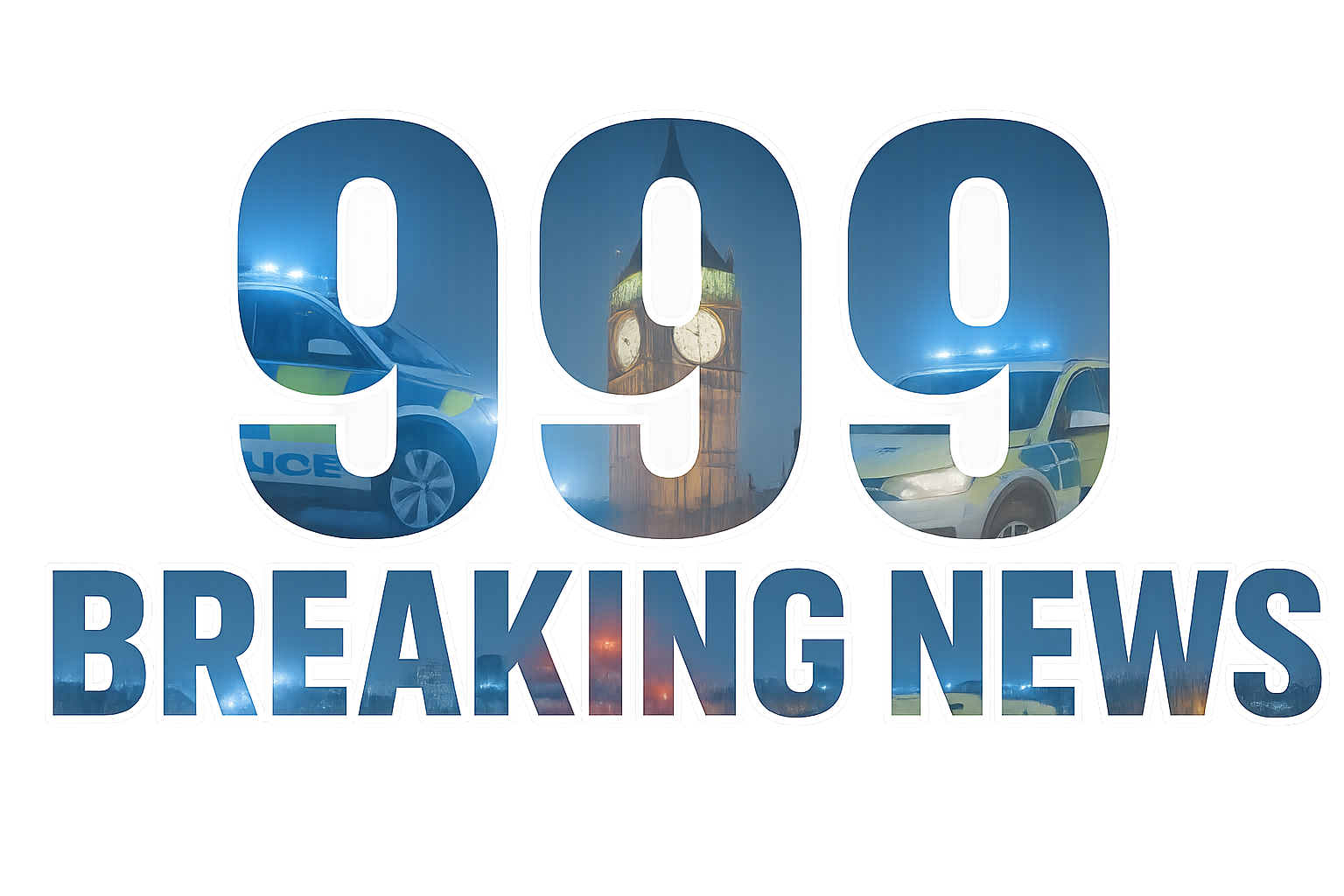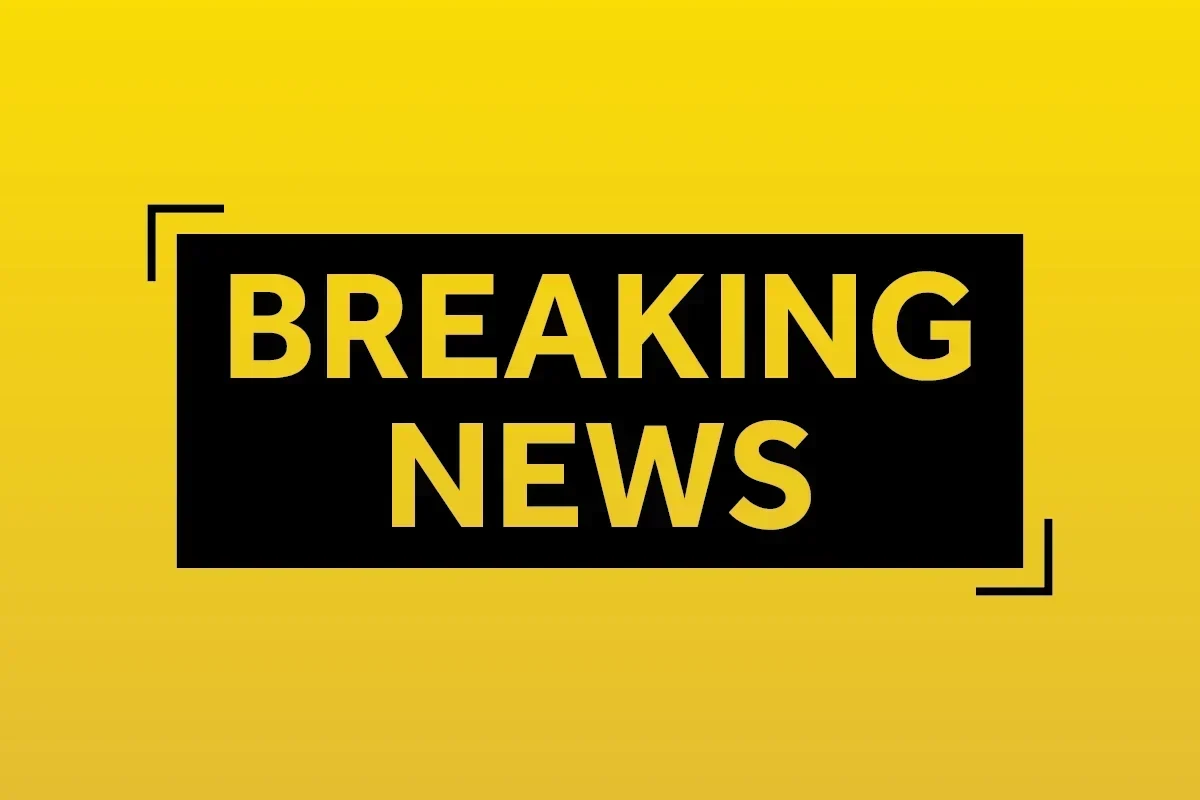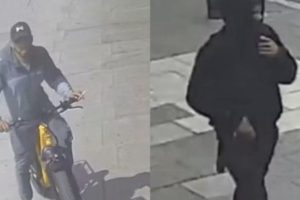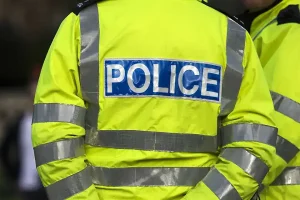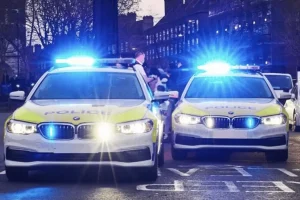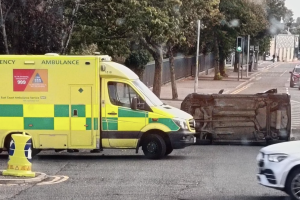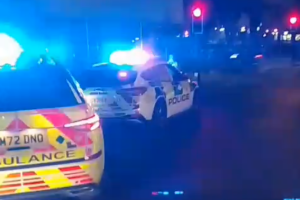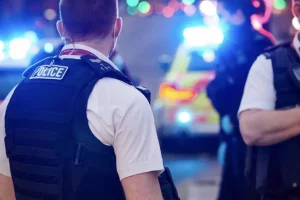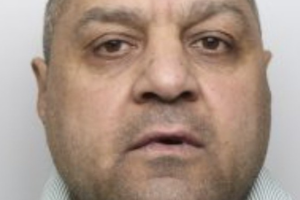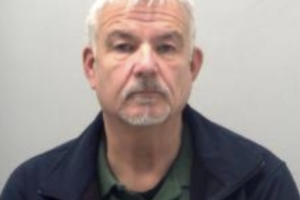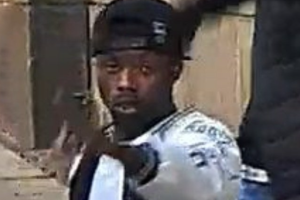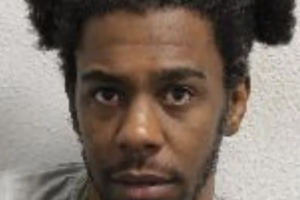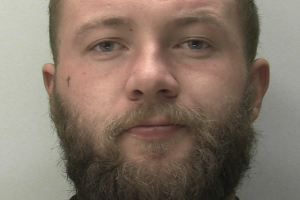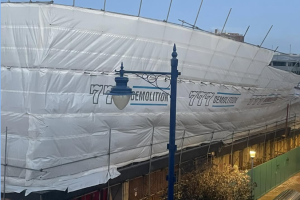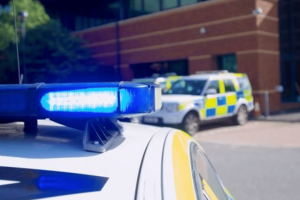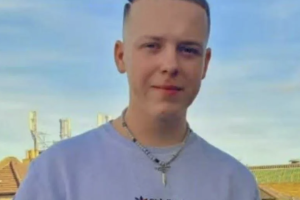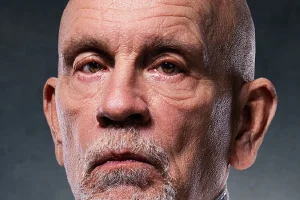In a pivotal moment in the ongoing ceasefire between Israel and Hamas, the militant group Hamas has released six Israeli hostages today, marking a significant step forward in the fragile peace talks. This release is part of a broader deal that will also see Israel free over 600 Palestinian prisoners, providing a glimmer of hope in a conflict that has dragged on for over 15 months.
The six hostages—Eliya Cohen, Omer Shem Tov, Tal Shoham, Omer Wenkert, Hisham al Sayed, and Avera Mengistu—have now been safely handed over to the Red Cross and returned to Israeli territory. The Israeli Defense Forces (IDF) confirmed that all six individuals are undergoing medical evaluations following their release.
Two of the freed hostages, Mengistu and al Sayed, had been held captive in Gaza for nearly a decade after crossing into the territory under unclear circumstances. The other four—Cohen, Shem Tov, Shoham, and Wenkert—were kidnapped during the brutal October 7, 2023 Hamas attack on Israel, which claimed over 1,200 lives and saw more than 250 people taken hostage, according to Israeli authorities.
A Fragile Ceasefire and International Mediation
This hostage release comes amid an internationally brokered ceasefire, facilitated by the United States, Qatar, and Egypt, which aims to de-escalate tensions and provide a humanitarian window in the conflict. This is the second truce since violence reignited in October 2023, and mediators hope it could pave the way for more extensive peace negotiations.
In exchange for the hostages, Israel has agreed to release over 600 Palestinian prisoners as part of the initial phase of the ceasefire. According to BBC News, the broader deal involves the release of nearly 1,900 Palestinian detainees over six weeks, many of whom have been held under Israel’s controversial administrative detention policy, which allows indefinite detention without trial.
Scenes of Joy and Sorrow on Both Sides
The hostage release sparked emotional reactions across both Israel and the Palestinian territories. In Tel Aviv, crowds gathered in Hostages Square, cheering as news of the safe return broke. Family members of the released hostages, many of whom had campaigned tirelessly for their loved ones’ return, were seen embracing and shedding tears of relief.
Conversely, in Ramallah, the release of Palestinian prisoners prompted celebrations. Many of the freed detainees had been imprisoned without formal charges, a practice widely criticized by human rights organizations. Families of the released prisoners gathered to welcome them home, waving Palestinian flags and chanting slogans of freedom.
Ongoing Challenges and Hopes for Peace
Despite today’s positive development, the road to lasting peace remains uncertain. Israeli Prime Minister Benjamin Netanyahu emphasized that Israel would not stop its efforts until all remaining hostages are returned, stating, “Every Israeli life is invaluable, and we will not rest until every one of our citizens is home.”
On the Palestinian side, Hamas has hinted at the possibility of further negotiations, potentially involving a complete Israeli withdrawal from Gaza. According to Reuters, Hamas leaders expressed willingness to discuss more extensive peace terms if Israel shows commitment to ongoing talks.
The Gaza Strip remains in a state of devastation. The Hamas-run health ministry reports over 47,000 deaths since the escalation of hostilities, with UN estimates indicating that nearly 70% of Gaza’s infrastructure has been damaged or destroyed. The ceasefire has allowed humanitarian aid to reach the beleaguered population, but experts warn that a long-term solution is essential to prevent further tragedy.
What’s Next?
With this latest exchange, the first phase of the ceasefire agreement is complete. Mediators from Qatar, Egypt, and the U.S. will soon convene to discuss the next steps, which could involve further prisoner swaps, extended ceasefire terms, and discussions around a more permanent resolution to the conflict.
For now, today’s hostage release offers a glimmer of hope for families on both sides and a reminder that even amid prolonged violence, moments of humanity and compassion can still emerge.
